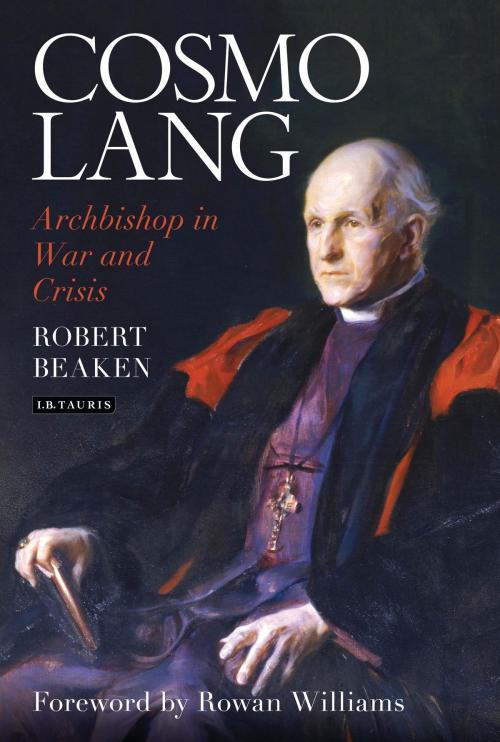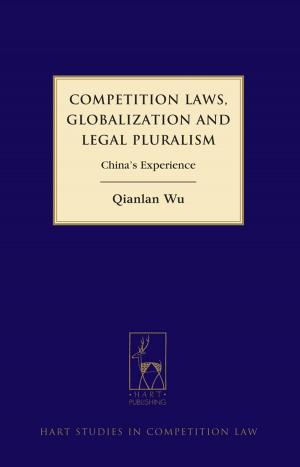| Author: | Robert Beaken | ISBN: | 9780857731289 |
| Publisher: | Bloomsbury Publishing | Publication: | October 9, 2012 |
| Imprint: | I.B. Tauris | Language: | English |
| Author: | Robert Beaken |
| ISBN: | 9780857731289 |
| Publisher: | Bloomsbury Publishing |
| Publication: | October 9, 2012 |
| Imprint: | I.B. Tauris |
| Language: | English |
In December 1936, at the height of the Abdication Crisis, Cosmo Gordon Lang, Archbishop of Canterbury held the fate of the British monarchy in his hands. Together with the Prime Minister Stanley Baldwin, he helped to manoeuvre Edward VIII from the throne and to replace him with the king's brother, the Duke of York, who was to become George VI. It was a move which would have far-reaching consequences for the course of British history.
The period 1928-1942 saw some of the greatest political and social upheavals in modern British history. Lang, as Archbishop of Canterbury, led the Church of England through this tumultuous period and was a pivotal influence in political and religious decision-making. In this book, Robert Beaken provides a new perspective on Lang, including his considerable relationship with the Royal Family. Beaken also shows how Lang proved to be a sensitive leader during wartime, opposing any demonization of the enemy and showing compassion to conscientious objectors.
Despite his central role at a time of flux, there has been little written on Lang since the original biography published in 1949 and history has not been kind to this intellectually gifted, but emotionally complex man. Although Lang has often been seen as a fairly unsuccessful archbishop who was resistant to change, Beaken shows that he was, in fact, an effective leader of the Anglican community at a time when the Church of England was internally divided over issues surrounding the Revised Prayer Book and its position in an ever-changing world. Lang's reputation is therefore ripe for reassessment.
Drawing on previously unseen material and first-hand interviews, Beaken tells the story of a fascinating and complex man, who was, he argues, Britain's first 'modern' Archbishop of Canterbury.
In December 1936, at the height of the Abdication Crisis, Cosmo Gordon Lang, Archbishop of Canterbury held the fate of the British monarchy in his hands. Together with the Prime Minister Stanley Baldwin, he helped to manoeuvre Edward VIII from the throne and to replace him with the king's brother, the Duke of York, who was to become George VI. It was a move which would have far-reaching consequences for the course of British history.
The period 1928-1942 saw some of the greatest political and social upheavals in modern British history. Lang, as Archbishop of Canterbury, led the Church of England through this tumultuous period and was a pivotal influence in political and religious decision-making. In this book, Robert Beaken provides a new perspective on Lang, including his considerable relationship with the Royal Family. Beaken also shows how Lang proved to be a sensitive leader during wartime, opposing any demonization of the enemy and showing compassion to conscientious objectors.
Despite his central role at a time of flux, there has been little written on Lang since the original biography published in 1949 and history has not been kind to this intellectually gifted, but emotionally complex man. Although Lang has often been seen as a fairly unsuccessful archbishop who was resistant to change, Beaken shows that he was, in fact, an effective leader of the Anglican community at a time when the Church of England was internally divided over issues surrounding the Revised Prayer Book and its position in an ever-changing world. Lang's reputation is therefore ripe for reassessment.
Drawing on previously unseen material and first-hand interviews, Beaken tells the story of a fascinating and complex man, who was, he argues, Britain's first 'modern' Archbishop of Canterbury.















